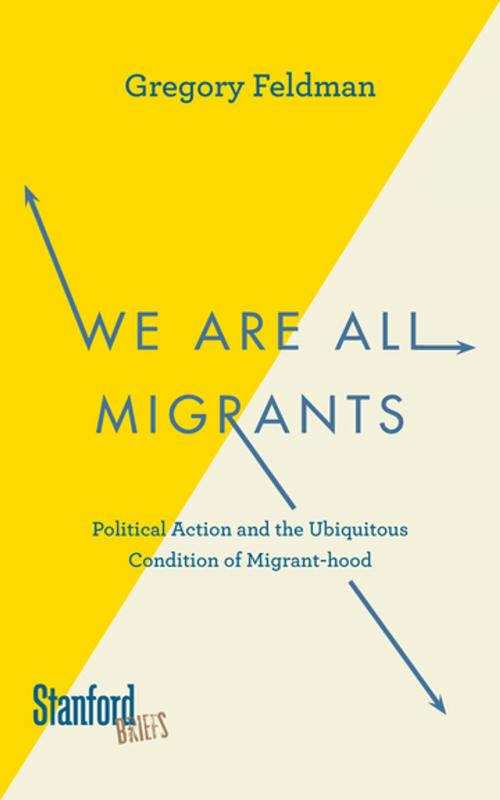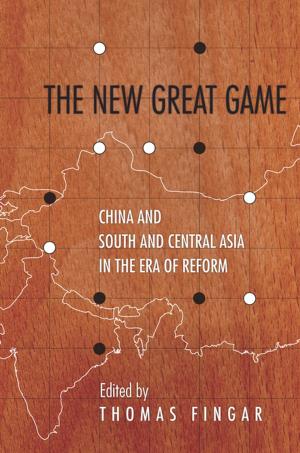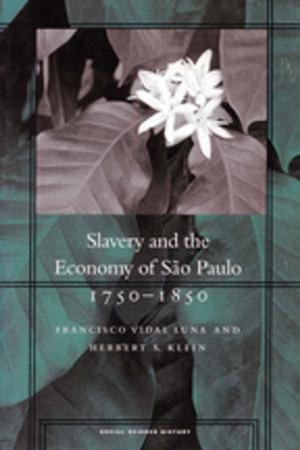We Are All Migrants
Political Action and the Ubiquitous Condition of Migrant-hood
Nonfiction, Social & Cultural Studies, Social Science, Anthropology| Author: | Gregory Feldman | ISBN: | 9780804795883 |
| Publisher: | Stanford University Press | Publication: | May 27, 2015 |
| Imprint: | Stanford Briefs | Language: | English |
| Author: | Gregory Feldman |
| ISBN: | 9780804795883 |
| Publisher: | Stanford University Press |
| Publication: | May 27, 2015 |
| Imprint: | Stanford Briefs |
| Language: | English |
Now more than ever, questions of citizenship, migration, and political action dominate public debate. In this powerful and polemical book, Gregory Feldman argues that We Are All Migrants. By challenging the division between those considered "citizens" and "migrants," Feldman shows that both subjects confront disempowerment, uncertainty, and atomization inseparable from the rise of mass society, the isolation of the laboring individual, and the global proliferation of rationalized practices of security and production. Yet, this very atomization—the ubiquitous condition of migrant-hood—pushes the individual to ask an existential and profoundly political question: "do I matter in this world?" Feldman argues that for particular individuals to answer this question affirmatively, they must be empowered to jointly constitute the places they inhabit with others.
Feldman ultimately argues that to overcome the condition of migrant-hood, people must be empowered to constitute their own sovereign spaces from their particular standpoints. Rather than base these spaces on categorical types of people, these spaces emerge only as particular people present themselves to each other while questioning how they should inhabit it.
Now more than ever, questions of citizenship, migration, and political action dominate public debate. In this powerful and polemical book, Gregory Feldman argues that We Are All Migrants. By challenging the division between those considered "citizens" and "migrants," Feldman shows that both subjects confront disempowerment, uncertainty, and atomization inseparable from the rise of mass society, the isolation of the laboring individual, and the global proliferation of rationalized practices of security and production. Yet, this very atomization—the ubiquitous condition of migrant-hood—pushes the individual to ask an existential and profoundly political question: "do I matter in this world?" Feldman argues that for particular individuals to answer this question affirmatively, they must be empowered to jointly constitute the places they inhabit with others.
Feldman ultimately argues that to overcome the condition of migrant-hood, people must be empowered to constitute their own sovereign spaces from their particular standpoints. Rather than base these spaces on categorical types of people, these spaces emerge only as particular people present themselves to each other while questioning how they should inhabit it.















